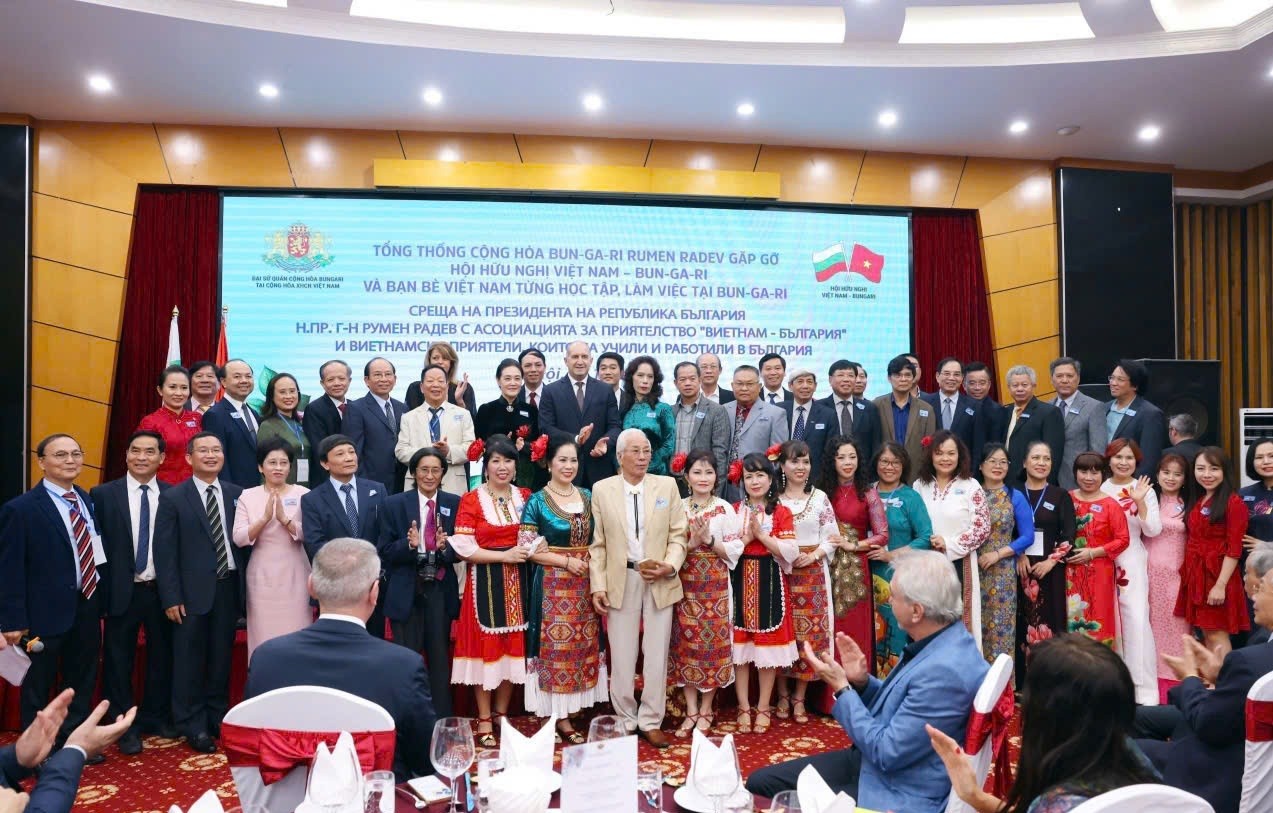World Food Day: Striving toward Zero Hunger
(VNF) – Today (October 16th) is the World Food Day, the occasion for the global community to showcase their determination in combating hunger.
On this occasion, let us have a glance at the big picture of world's food security issue:
In Vietnam, specific projects in food security have significantly helped improve the living conditions for local people, especially in disadvantaged area. (illustrative photo: Phi Yen)
Fact # 1: Over eight millions are hungry, despite enough food is being produced to feed the world’s population
According to FAO, 815 million people in the world are starving, and 60 percent of them are women.
The problem is not caused by insufficient production of food, instead, it is because one third of the food produced worldwide is lost or wasted.
Harvesting, storage, packing, transport, infrastructure or market / price mechanisms, as well as institutional and legal frameworks are some among the causes that lead to food loss.
For example, harvested bananas that fall off a truck are considered food loss.
Meanwhile, food that is fit for human consumption, but is not consumed because it is or left to spoil or discarded by retailers or consumers is called food waste.
This may be because of rigid or misunderstood date marking rules, improper storage, buying or cooking practices. A carton of brown-spotted bananas thrown away by a shop, for instance, is considered food waste.
The world will need to produce 60 percent more food by 2050 to feed a growing population.
At the same time, climate change is threatening food security, since no other sector is more sensitive to climate change than agriculture.
Fact #2: Hunger kills more people than you can imagine
While 1.9 billion people – more than a quarter of the world’s population – are overweight, the cost of malnutrition to the global economy is the equivalent of USD 3.5 trillion a year.
At the same time, around 45 percent of infant deaths are related to malnutrition.
Every year, hunger kills a larger number of people than malaria, tuberculosis and aids combined.
Fact #3: SDG - the tool to end hunger
On 25 September 2015, the 193 Member States of the United Nations adopted the 17 Sustainable Development Goals (SDGs) of the 2030 Agenda for Sustainable Development, global objectives expected to guide the actions of the international community over the next 15 years (2016-2030).
Achieving Zero Hunger by 2030 (Sustainable Development Goal 2) is at the heart of the Agenda 2030
The Zero Hunger goal can only be reached with the united efforts of various actors, including governments, international organizations, the private sector, academia and farmers among others, and obtain the support of as many people as possible in the fight against hunger.
FAO also counts on the support of its Special Goodwill Ambassadors for Zero Hunger to promote the campaign.
Fact #4: Who are Goodwill Ambassadors of Zero Hunger?
Since the appointment of its first Special Goodwill Ambassador for Zero Hunger in 2016, FAO has been engaging personalities from the world of science, media, politics and royalty to become Ambassadors for Zero Hunger and inspire people to do their part, thereby building the Zero Hunger Generation.
FAO counts on five Special Goodwill Ambassadors for Zero Hunger, each for a region where hunger and malnutrition is a concern.
Her Royal Highness, Princess Maha Chakri Sirindhorn of Thailand is one of the five Special Goodwill Ambassadors for Zero Hunger this year, since she has long been a champion of projects to end hunger and improve nutrition in her own country Thailand and also in other countries of the Asia-Pacific region, including Bangladesh, Bhutan, Cambodia, Lao PDR and Timor Leste.
Fact #5: How the World Food Day celebrated around the world and in Vietnam?
FAO celebrates World Food Day each year on October 16th to commemorate the founding of the Organization in 1945. Events are organized in over 150 countries across the world, making it one of the most celebrated days of the UN calendar.
The World Food Day aims to promote worldwide awareness and action for those who suffer from hunger and for the need to ensure food security and nutritious diets for all.
World Food Day is a chance to show the global commitment to Sustainable Development Goal (SDG) 2 – to achieve Zero Hunger by 2030.
Every year, a large number of events - from marathons and hunger marches, to exhibitions, cultural performances, contests and concerts – are organised in around 150 countries across the world to celebrate World Food Day.
This year, in Vietnam, the celebration of the 37th World Food Day was held in the northern mountainous province of Bac Kan on October 14th.
The event was jointly held by the Ministry of Agriculture and Rural Development, the Bac Kan provincial People’s Committee and the UN’s Food and Agriculture Organisation (FAO).
The meeting focused on rural development, which can address factors that compel people to move forward by creating business opportunities and jobs for young people other than crop-based jobs, such as small dairy or poultry production, food processing or horticulture enterprises.
Bac Kan province, where a number of projects on food security have been implemented by FAO. (photo: Phi Yen)
In recent years, FAO has implemented a number of projects in Bac Kan province aimed at eradicating poverty, and addressing issues such as inequality, unemployment and the decline of rural resources.
Specific projects have significantly helped improve the living conditions for local people as well as generate jobs for young ones.
Also at the ceremony, the framework of the National Cooperative Programme between FAO and the Ministry of Agriculture and Rural Development for the 2017-2021 period was signed as an effort to promote FAO's development activities in Vietnam./.
( Phi Yen )
Most read

Conference Held to Review “Child-Centered Community Development Program in Lao Cai”

13th Diplomatic Charity Fair: Vietnam Joins Hands to Support Disadvantaged children in Hungary
Recommended
 National
National
Vietnam News Today (Nov. 27): Vietnam Seeks Danish Assistance in Green Energy Development
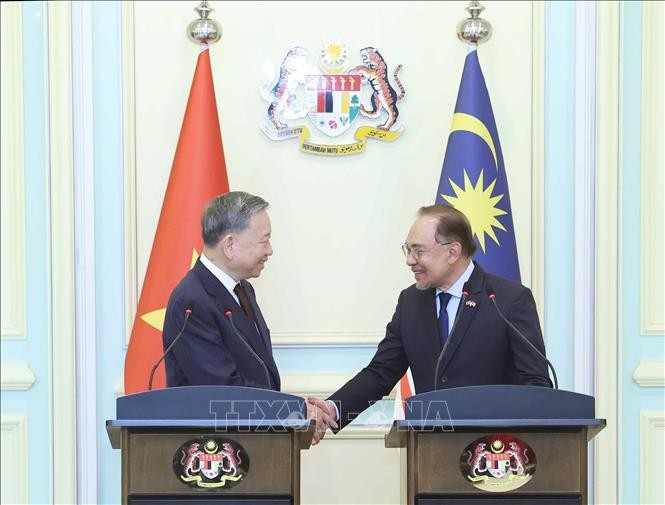 National
National
Vietnam, Malaysia Look Forward to New Era of Development
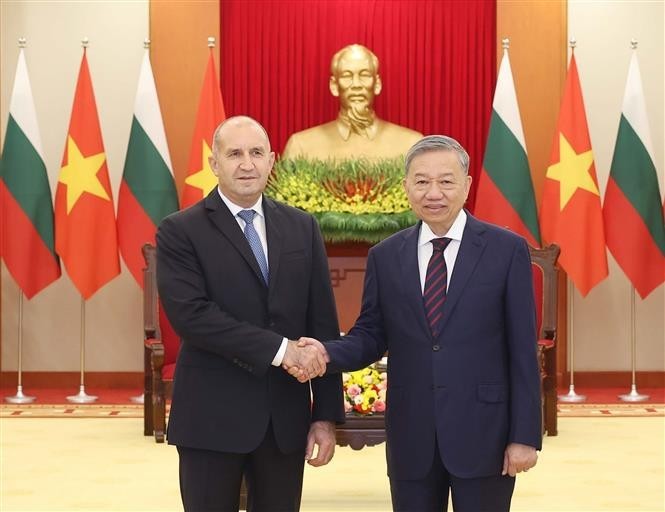 National
National
Vietnam News Today (Nov. 26): Party Leader Receives Bulgarian President
 National
National
Vietnam News Today (Nov. 25): Cambodia Attaches Importance to Defense Cooperation With Vietnam
Popular article
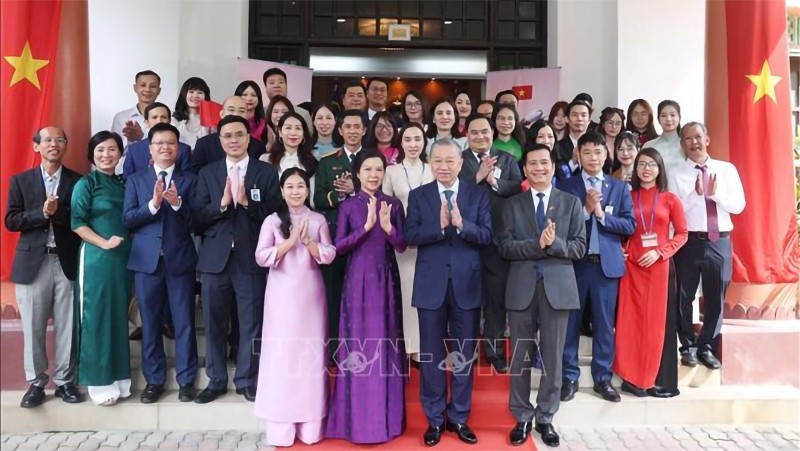 National
National
General Secretary To Lam Meets Vietnamese Community During Embassy Visit in Malaysia
 National
National
Vietnam News Today (Nov. 24): India, Vietnam Strengthen Coordination Capability in UN Peacekeeping Operations
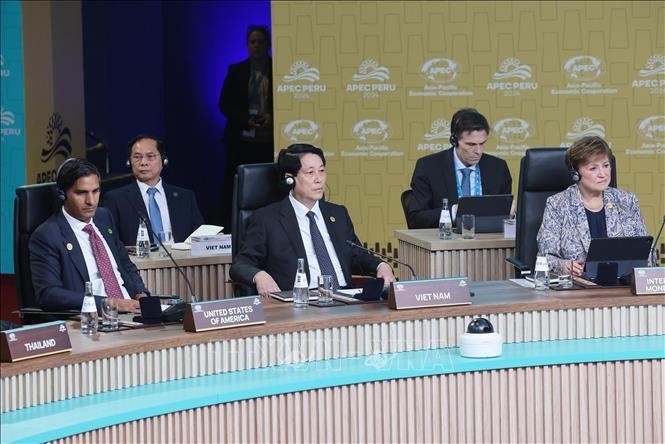 National
National
President of Vietnam Luong Cuong Proposes Direction for Promoting APEC's Role
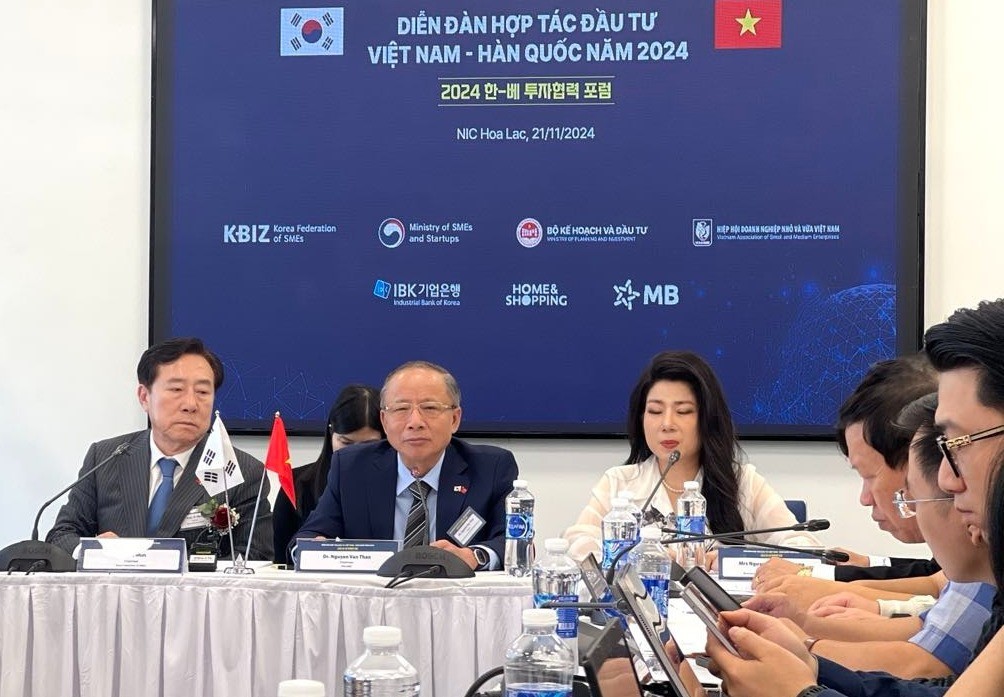 National
National





